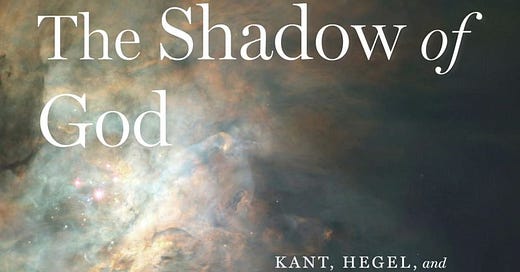In Life is Hard, I distinguished “a meaningful life”—in which one engages, more or less successfully, with things that matter—from “the meaning of life.” The first is a personal possession; the second is not. Some lives are more meaningful than others, but if life as a whole has meaning, it belongs to all of us, or none.
To my surprise, “the meaning of life” was a recent coinage, not a perennial concern. I traced it back, historically, to Thomas Carlyle’s Sartor Resartus, published in 1833-4. The “meaning” in “the meaning of life” is like the meaning of a work of art: an interpretation that explains “what it’s all about” and how it should make us feel: how to our orient ourselves towards it.
Human life would have a meaning we can live with—so I argued in a chapter on absurdity—if, and only if, we bend the arc of human history towards justice.
It’s the chapter of the book that leaves the most unsettled and unsaid. Reviewers sometimes took me to be saying that a life is meaningful only if…
Keep reading with a 7-day free trial
Subscribe to Under the Net to keep reading this post and get 7 days of free access to the full post archives.



